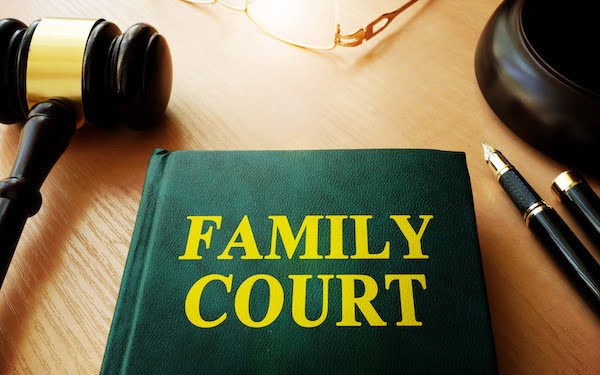Family court handles cases involving divorce, child custody, support, and other family matters. Understanding its procedures and expectations can ease the process and help you prepare.
This guide outlines key aspects of family court, including whether family court can send you to jail for serious non-compliance, providing insight into what to expect and how to navigate these often emotional legal proceedings.
Understanding the Role of Family Court
Family court focuses on resolving family-related issues, like divorce, custody, support, and protection orders, through mediation and fair processes rather than punishment. Prioritizing the best interests of children and families, family court aims to reach balanced decisions with minimal emotional impact on those involved.
Key Family Court Processes Explained
Family court processes often start with an initial hearing, where both parties present their cases. Mediation is a common step, especially in custody disputes, encouraging parents to resolve issues outside of court. If unresolved, a series of hearings and evidence submissions follow, where both sides present testimonies, financial information, and relevant evidence. In more complex cases, trials may be necessary, where a judge makes binding decisions. Other important processes include temporary orders for support or custody during proceedings and post-judgment hearings to modify orders if family circumstances change significantly.
Preparing for Your Day in Family Court
Preparation is essential for family court to ensure clarity and confidence. Start by gathering all necessary documentation, such as financial records, custody agreements, or medical information, depending on your case. Understand court protocols—dress professionally and arrive early. Practice presenting your case calmly, sticking to facts. Familiarize yourself with any legal terms or court etiquette. Consider consulting a family lawyer for guidance on the court process and to ensure all documents are correctly prepared. Finally, focus on staying calm and collected, as emotional responses can sometimes affect case outcomes negatively.
Rights and Responsibilities in Family Court Cases
In family court, individuals have rights that protect their involvement and responsibilities to fulfill. For instance, in child custody cases, parents have the right to advocate for their relationship with the child but must prioritize the child’s well-being. Similarly, with child and spousal support, individuals are responsible for meeting payment obligations as per court orders. Both parties have the right to appeal or modify decisions if there’s a significant change in circumstances, such as a job loss or relocation. Knowing your rights and responsibilities can help ensure compliance and a fair outcome for all.
Finding Legal Support and Resources
Legal support can be invaluable in navigating family court cases. Many people seek family lawyers or legal aid services to assist with understanding complex issues. Free or low-cost resources, such as local legal aid offices, are often available for those who qualify. Family courts sometimes offer self-help centers that provide resources and forms for individuals representing themselves. Additionally, support groups and counseling services can offer emotional assistance, especially in cases involving custody or divorce. Exploring these resources can help reduce stress, enhance understanding, and improve preparedness throughout the family court process.
Navigating family court can be challenging, but understanding each step—from consultations to the adjudication hearing where binding decisions are made—helps. By staying informed about processes, rights, and resources, families can better prepare for fair outcomes that prioritize everyone’s well-being, especially the children’s, in these important matters.


